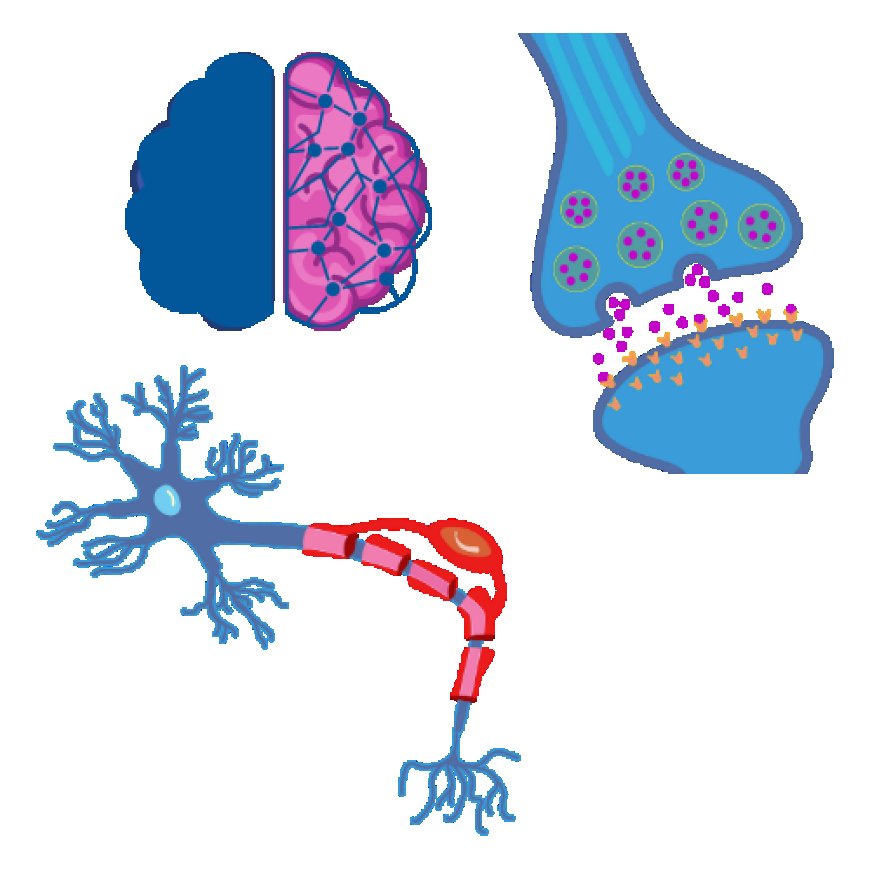Neurons and Synapses: The Brain's Communication System
The brain is the control center of our nervous system and the most complex organ that regulates the functions of our body. The basic unit of the brain is neurons, and they coordinate brain activity by communicating through synapses.

The brain is the control center of our nervous system and the most complex organ that regulates the functions of our body. The basic unit of the brain is neurons, and they coordinate brain activity by communicating through synapses.
Neurons are cells in the body that process and transmit information. These cells are generally long, thin and branched in the body. Neurons use electrical and chemical signals for transmission. Neurons basically consist of three parts: dendrites, cell body and axons.
Dendrites are branched structures of neurons to receive signals from other neurons. These signals can be electrical or chemical. The cell body is the part that collects and processes signals from the dendrites. Axons are long extensions from the cell body and are used to transmit signals to other neurons or cells.
Neurons use electrical and chemical signals for transmission. Electrical signals are generated by the movement of ions within the neuron. The ions carry an electrical charge as they pass through the neuron's membrane, and this creates an electrical signal inside the cell. Chemical signals occur at synapses at the end of the neuron. These synapses are where neurons communicate with each other or with cells.
Synapses are special junction points used for communication between neurons. Synapses secrete neurotransmitters, which are small projections at the end of the neuron. These neurotransmitters form a signal by binding to receptors on the dendrites of other neurons or target cells.
Communication between a neuron and another neuron occurs when electrical signals travel from the axon of one neuron to the dendrite of another. Electrical signals trigger the release of neurotransmitters at a synapse. These neurotransmitters bind to the dendrites of other neurons or target cells.
generates a signal. This signal turns into an electrical signal in the target neuron or cell and the communication process continues.
Neurons and synapses are vital to the communication system in the brain. The electrical activity of neurons and chemical signals between synapses regulate cognitive, emotional and motor functions in the brain. Therefore, the functioning of neurons and synapses is key to the healthy functioning of the brain.
Neurons and synapses can be affected by a variety of factors that have a direct impact on brain health. Factors such as stress, aging, lack of sleep, poor diet, alcohol or drug use can negatively affect the health of neurons and synapses. In addition, some neurological diseases can have serious effects on neurons and synapses.
What's Your Reaction?

















































































